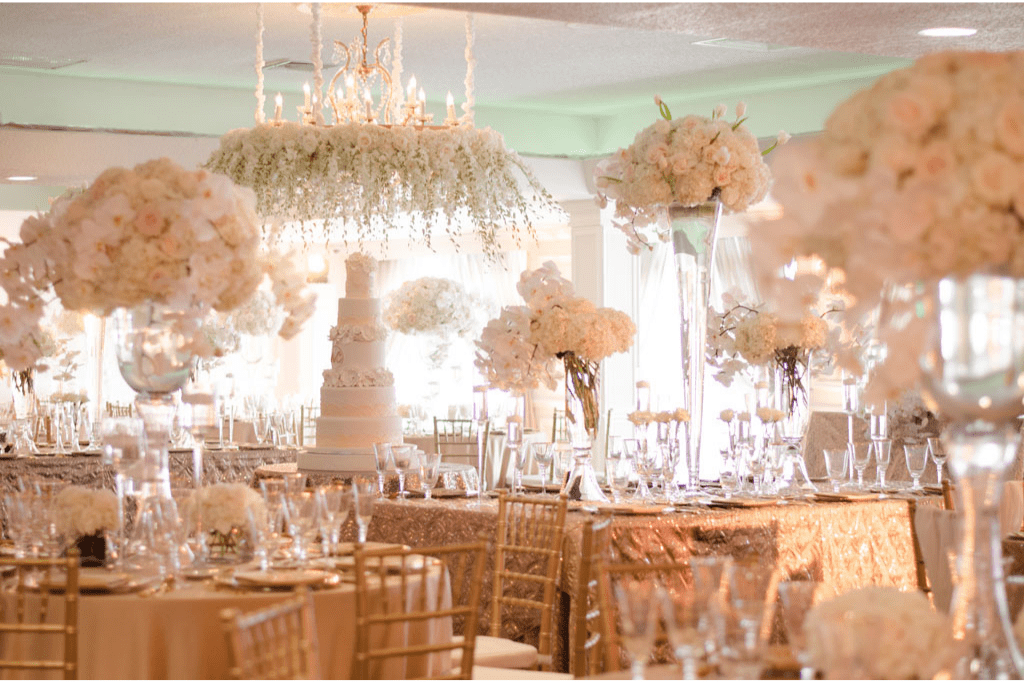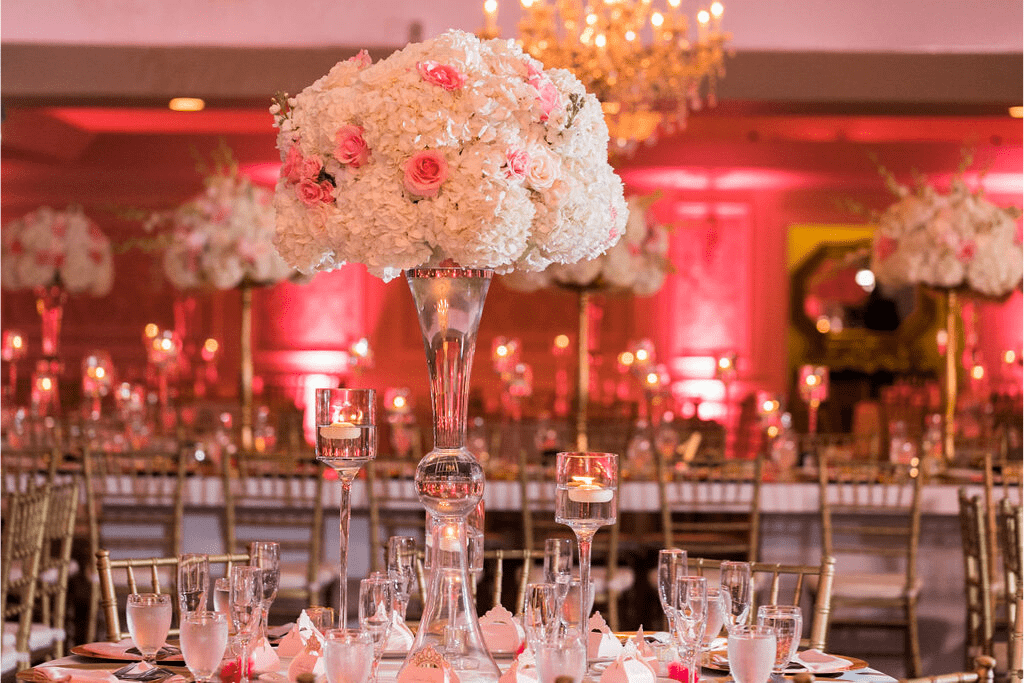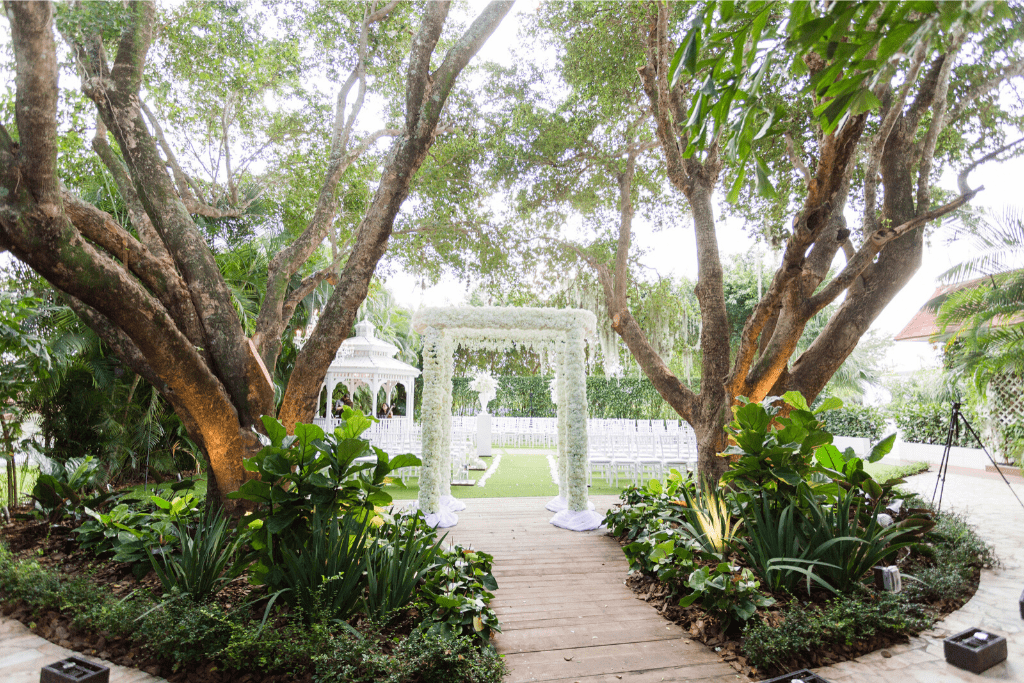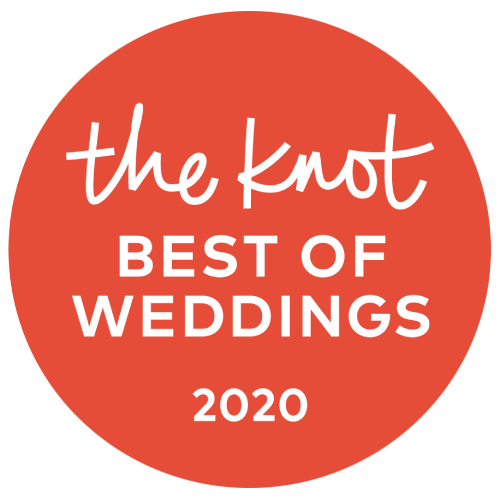What Does an Event Coordinator Do?
by adminWhen preparing to host special events, it’s incredibly easy to feel overwhelmed, as though you’re diving into an event planning process you’re not equipped to handle. Instead of letting doubt overwhelm you and dissuade you from throwing a memorable experience, consider the crucial role of an event coordinator.
You might be asking, “What does an event coordinator do?” Event coordinators, often referred to as event managers, are pivotal in managing event budgets, booking venues, and overseeing the many types of events within the event industry. Keep reading to discover the benefits of having an on-site event coordinator to ensure your event is a success!
How an On-Site Event Coordinator Can Make Event Planning So Much Easier

Sometimes, multitasking is totally doable. But, planning and coordinating an event is not one of those times. If you’re organizing an upcoming event and need assistance, an on-site event coordinator—often referred to as an event specialist—is the perfect match for you.
Handling the Entire Event: An event coordinator takes on the crucial role of overseeing every aspect of the event. From the initial planning stages to the execution, they ensure that all event details are meticulously managed. This comprehensive approach allows you to focus on the big picture while they handle the logistics.
Expertise in a Range of Events: Whether you’re planning a corporate conference, a lavish wedding, or a community fundraiser, an on-site events coordinator possesses the event planning skills needed to cater to a wide range of events. Their expertise ensures that each event is tailored to meet its specific objectives and becomes a truly memorable event.
Constant Communication: One of the key strengths of a skilled event coordinator is their ability to maintain constant communication with all parties involved. This ensures that everyone, from vendors to the event staff, is on the same page, which is essential for the smooth operation and success of any event.
Deep Industry Knowledge: With extensive experience in the event industry, event coordinators bring a wealth of knowledge that can be pivotal in making informed decisions that enhance the overall event experience. Their insights into industry trends and vendor networks can prove invaluable in elevating your event.
Why They’re Indispensable: The role of an event coordinator is multifaceted and extends beyond mere logistical management. They serve as the linchpin that holds the entire event together, ensuring that each element aligns with the event’s theme and goals. By entrusting this responsibility to a professional, you ensure that your event is not only successful but also leaves a lasting impression on its attendees.
What Does an Event Coordinator Do?
An on-site event coordinator is akin to a personal assistant for your events, playing an indispensable role in the planning and execution of unforgettable events. From the initial conceptualization to the final applause, they are integral to every stage of an event.
Early Planning and Conceptualization: In the early stages, event coordinators work closely with clients to define event goals and event specifications. They use their organizational skills to draft event schedules and begin the detailed planning process. This includes booking venues, managing guest lists, and selecting vendors who align with the vision of the event.
Coordination and Communication: As the event planning progresses, coordinators utilize event management software to keep track of all moving parts. This helps in maintaining constant updates on event days, ensuring that every element is aligned with the planned schedule. Their ability to maintain relationships with vendors ensures they can secure the best services, often at preferred rates.
Execution and On-Site Management: On the event days, coordinators are on-site to oversee all operations. They ensure that event specifications are met and that the experience for attendees is seamless. They manage the setup, coordinate logistics, and handle any on-the-spot challenges that arise, ensuring every attendee’s experience is positive and memorable.
Post-Event Responsibilities: After the event, coordinators handle post-event activities such as gathering feedback for future events, finalizing payments with vendors, and ensuring the venue is cleared and returned in order. Their thorough follow-up not only helps in learning from each event but also strengthens relationships for future collaborations.
Connecting All the Dots: Aside from the obvious roles, event coordinators are responsible for numerous other duties. From reaching out to vendors and exploring catering options to securing a location and keeping a headcount of event attendees, they connect all the dots to ensure the event runs smoothly. Their comprehensive approach guarantees the event’s success and leaves a lasting impression, making each event a stepping stone for more successful future events.
The Difference Between an Event Coordinator and an Event Planner
Event coordinators and event planners often operate within the same sphere of the event industry but fulfill distinctly different roles. Understanding these differences is crucial for anyone looking to hire the right professional for their needs.
Event Planner: Master of the Blueprint
The event planner’s job begins at the very inception of an event. This role involves deep engagement with client requirements to conceptualize the event. Event planners handle the broad aspects of event planning such as deciding the venue, setting the date, and determining the guest list based on the client’s vision. Their work is crucial in laying down the groundwork for what the event is meant to achieve. They are deeply involved in the creative process, often tasked with crafting an experience that aligns perfectly with client expectations.
Event Coordinator: Architect of Reality
In contrast, the event coordinator position revolves around the aspects of event coordination, which come into play once the planning phase has been completed. Event coordinators take the planner’s blueprints and bring them to life. This involves managing event logistics, overseeing event operations on the day, and ensuring that everything runs according to plan. Their role includes confirming venue bookings, ensuring proper client communication, and overseeing setup to meet the detailed plans laid out by the event planner.
Complementary Roles
While an event planner focuses on the macro aspects of an event, the event coordinator handles the micro-details essential for executing the plan flawlessly. For example, once an event planner determines the framework of an event—like the theme, venue, and timing—the event coordinator steps in to handle the specifics such as coordinating with the venue to ensure availability, sending out invitations, and managing event day operations to ensure everything aligns with the predetermined specifications.
These roles, although different, are complementary. An effective event requires both a visionary planner and a pragmatic coordinator to ensure that every aspect of the event is considered and executed properly, from initial planning to final execution.
3 Reasons Why an Event Coordinator is So Helpful for Events

As we know, event coordinators are the ones who make event ideas come to life. But there are so many details involved in the event coordinating process, and there are more specific reasons to hire an event coordinator – 3 of them being:
- 1. Less Stress for You
One of the key components of the event coordinator job description is stress reduction for the client. Event coordinators handle the multitude of tasks that ensure a successful event, from coordinating with vendors and caterers to managing logistics. For both large and small-scale events, these responsibilities can be overwhelming, especially when you have other non-event duties and responsibilities. By hiring an event coordinator, you delegate these tasks, allowing you to focus on the broader purpose of the event without getting bogged down in details. The relief from stress is one of the biggest advantages, ensuring that you are not overextended and can enjoy the event alongside your guests.
2. They Know Exactly What Works
Expertise and experience define the event coordinator’s ability to create a successful event. They know the ins and outs of event planning, including the optimal times for vendor arrival, effective budget management, and the best structural layout for event flow. This deep understanding comes from years of hands-on experience in the event industry, enabling event coordinators to execute with precision. They can anticipate needs and make informed decisions that enhance the overall experience, providing peace of mind to you. Knowing that a professional is managing the critical aspects of your event lets you relax and look forward to celebrating the occasion, confident in the knowledge that everything is under control.
3. They Also Know What Doesn’t Work
Perhaps just as important as knowing what to do is understanding what not to do. Experienced event coordinators bring with them the knowledge of common pitfalls and how to avoid them. For instance, they know the importance of confirmations with vendors well ahead of the event date to prevent double-bookings or no-shows. They are also adept at judging the right amount of staff needed to manage an event smoothly, avoiding the common mistake of under or overstaffing. This foresight prevents inefficient use of resources and ensures a streamlined event. Their experience protects your event from typical errors that could derail its success, making their role invaluable in avoiding decisions that could negatively impact the event.
Event Coordinators at The Grand Salon

At Grand Salon, a smooth-sailing event is our top priority. Whether you’re in favor of an outdoor event, or you prefer celebrating inside, we understand the importance of hosting an event that impresses the guests.
If you’re interested in hosting an event at Grand Salon and partnering with one of our event coordinators, contact us! The earlier you contact us, the sooner we can provide you with a quote and get the ball rolling on coordinating your event.




